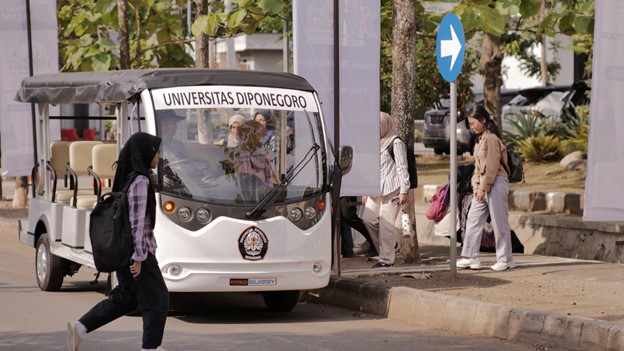Promoting sustainable mobility has become one of the key priorities within Universitas Diponegoro (Undip). The university has developed policies and measurable targets to encourage environmentally responsible commuting through the use of non-motorized, shared, and low-emission transportation modes.
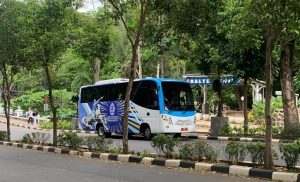
Walking and cycling are among the main alternatives promoted to reduce motorized vehicle use on campus. A total of 4,524 meters of pedestrian pathways have been developed across the Tembalang campus, equipped with solar-powered streetlights, speed bumps, and accessibility features for individuals with disabilities. These pathways connect academic buildings, dormitories, and public facilities, providing safe and convenient routes for the university community.
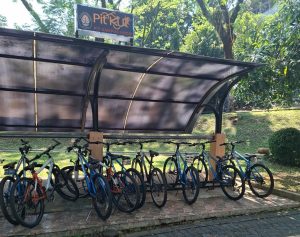
Cycling is supported through 1,349 rent-free bicycles available for students and staff. The program aims to minimize carbon emissions while fostering healthier commuting habits. Data presented in the Sustainability Report 2024–2025 show that Undip continues to monitor the use of walking and cycling facilities as part of its sustainability performance indicators.
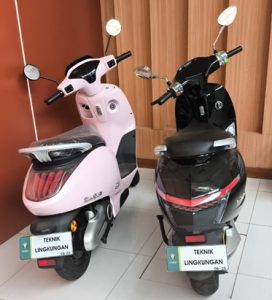
In addition to non-motorized transport, Undip operates 233 electric motorcycles and manages 10 electric buggies, each with a capacity of 22 passengers. Four buggies operate daily at no cost, with eight powered by electricity and two by solar panels. The shuttle system connects main academic areas and dormitories, offering a convenient and low-emission transportation option.
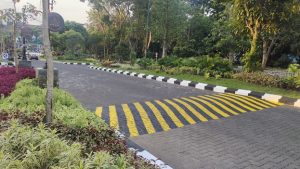
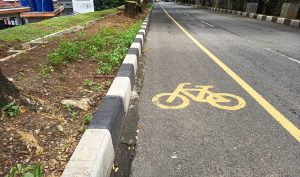
Transportation activities are supported by the Undip Green Monitoring System, an IoT-based platform that records vehicle entries, monitors shuttle operations, and analyzes commuting data. The system provides insights for policy evaluation and further development of sustainable transportation initiatives.
Future plans include expanding pedestrian and cycling routes, increasing the number of electric vehicles, and introducing ride-sharing and reward programs for public transport users, reinforcing Undip’s dedication to low-carbon and sustainable mobility.

